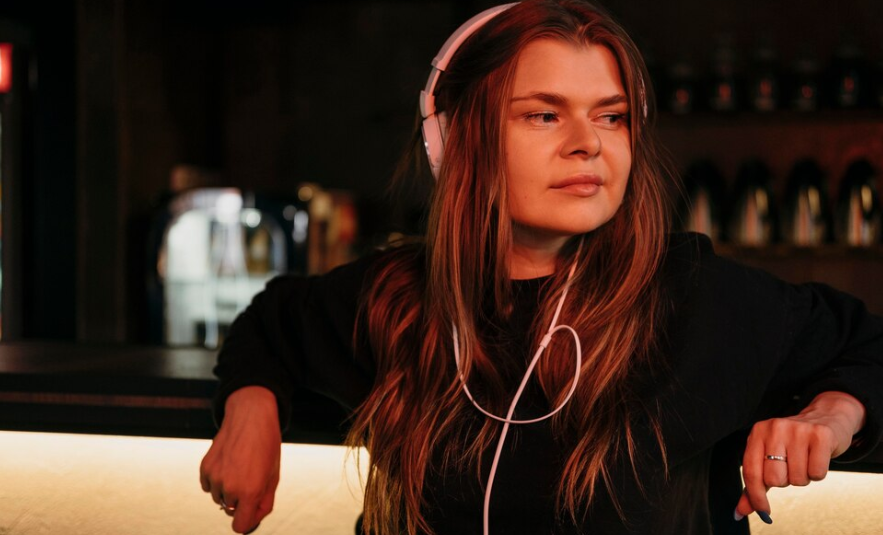Did You Know Music Discovery Stops at Age 30?

©️ Freepik
Remember those days spent glued to your headphones, discovering new bands every week?
A recent survey by music streaming service Deezer suggests that music discovery stops at the age of 30.
But Why Does Music Discovery Stop at Age 30?
Busy lives and overwhelming music choices are partly to blame. But science also plays a role. Our brains become more receptive to music during adolescence, forming strong connections with songs we love.

These familiar tunes trigger happy chemicals, like dopamine and serotonin, making us crave the nostalgia they evoke hence why music discovery stops at the age of 30.
The Story Goes Deeper Than Just a Decline in Interest
Here are some fascinating reasons why our music tastes might solidify around our mid-twenties:
- The Golden Window of Musical Absorption: Research suggests there is a critical period between the ages of 12 and 22 when our brains are more receptive to new music. During this developmental stage, our brains are forming strong neural connections related to music perception and emotional processing. These connections make new music more impactful and emotionally stimulating.
- The Dopamine Hit of Discovery: New music triggers the release of dopamine, a neurotransmitter associated with pleasure and reward. As teenagers, we are constantly seeking new experiences and emotions, making us more susceptible to the dopamine rush of discovering new music. However, over time, the novelty wears off, and familiar music becomes a reliable source of comfort and nostalgia, offering a predictable dopamine release.

- The Power of Memory and Nostalgia: Music is a powerful memory trigger. Songs from our formative years become intertwined with personal experiences and emotions. Listening to familiar tunes can transport us back to a specific time and place, evoking a sense of comfort and nostalgia. This emotional connection makes us want to revisit these songs repeatedly.
- The Paradox of Choice: The modern music landscape is vast and ever-expanding. With millions of songs at our fingertips, it can be overwhelming to keep up with new releases. This can lead to a sense of paralysis, causing us to stick with what’s familiar and comfortable.

So, Is It All Downhill After 30?
Not necessarily! Knowing that music discovery stops at age 30, you might just need to dedicate a little more effort to finding new music that sparks that same excitement. Here are some tips to reignite your musical exploration:
- Embrace the Algorithm: Streaming services use sophisticated algorithms to recommend music based on your listening history and preferences. Explore these recommendations – you might be surprised by hidden gems lurking within your personalized playlists.
- Follow the Critics (But Not Blindedly): Music blogs, reviewers, and online communities curate playlists and recommendations. Find sources that align with your tastes and explore their suggestions. However, remember, music is subjective – don’t be afraid to branch out and discover your own favorites.

- Revisit Old Favorites With Fresh Ears: Sometimes revisiting artists you haven’t listened to in a while can lead you down a rabbit hole of new discoveries. Check out their latest albums or explore artists they’ve collaborated with. You might rediscover hidden gems within their discography or find new artists with similar sounds.
- Attend Live Shows: There’s nothing quite like the energy of a live performance. Stepping outside your comfort zone and attending shows by new artists can expose you to exciting sounds and ignite a passion for new music.

Remember, there is no shame in loving the music of your youth. But if you are feeling stuck in a rut, these tips might help you rediscover the joy of exploring new sounds. Expand your musical horizons, embrace the dopamine rush of discovery, and create new memories with the soundtrack of your life.
You might also like to read: How to Increase Dopamine Levels Naturally?



